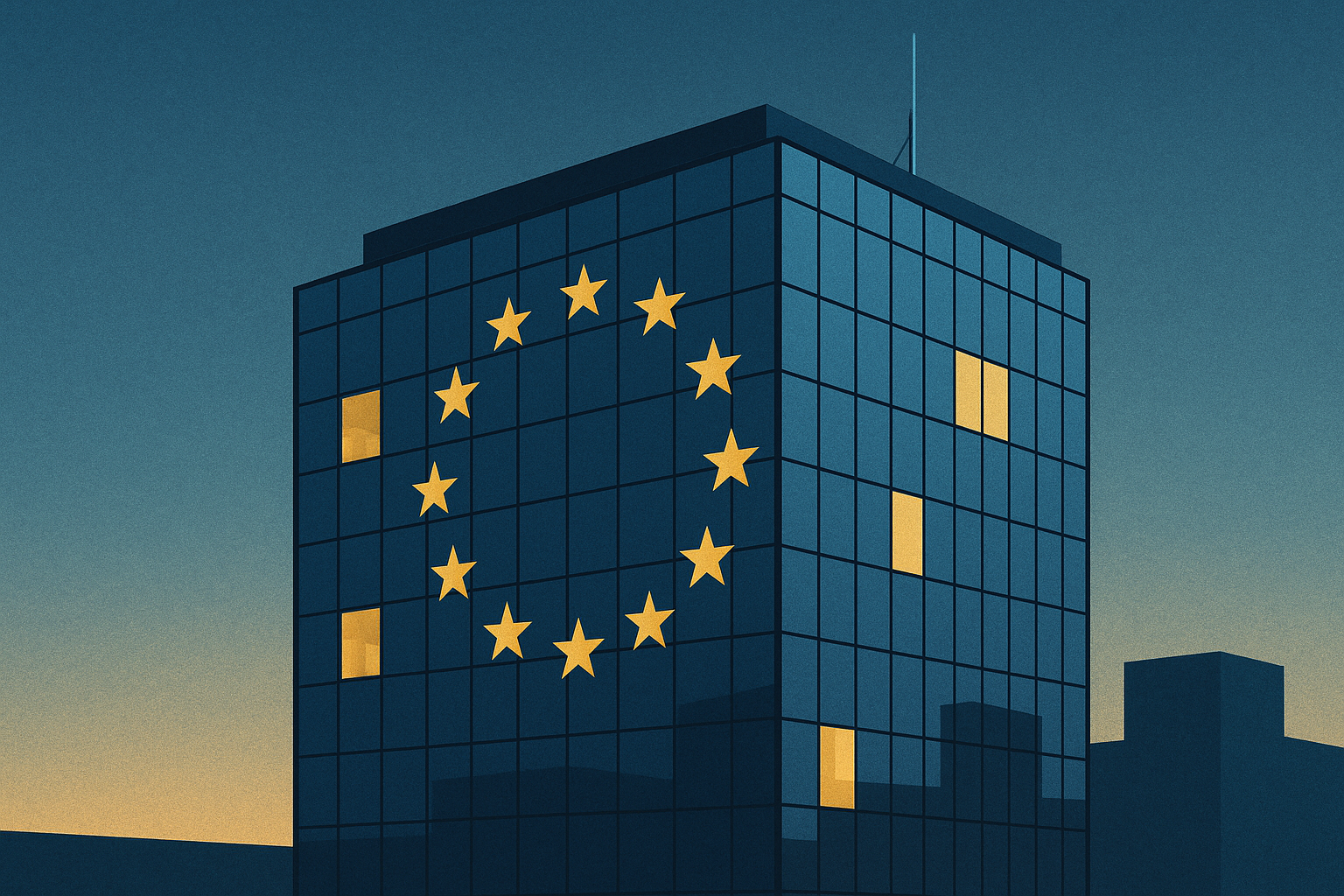EU regulators have launched investigations into Amazon Web Services and Microsoft Azure. The European Commission says the probes will examine whether the two tech giants’ cloud services should face tougher obligations under digital market rules. The outcome could reshape how European companies access and switch between providers.
The European Commission has opened three formal investigations into cloud services run by Amazon Web Services (AWS) and Microsoft Azure, marking the bloc’s most significant regulatory intervention yet in cloud infrastructure.
Two of the probes will assess whether Amazon and Microsoft should be designated as “gatekeepers” under the EU’s Digital Markets Act (DMA), while a third will review whether the law’s current framework is sufficient to cover cloud computing — a fast-growing backbone of enterprise technology.
The Commission said both companies “occupy very strong positions” in the European market, raising concerns about access conditions for business users. EU antitrust chief Teresa Ribera added: “We will also look at whether the DMA’s existing rules need to be updated so Europe can keep pace with fast-evolving practices in the cloud sector.”
If AWS or Azure are found to qualify as gatekeepers, they could be required to comply with new obligations such as ensuring interoperability with rival services, avoiding self-preferencing, and allowing easier data portability for customers. Breaches of the DMA can carry penalties of up to 10 per cent of a company’s global turnover.
Both companies have previously disputed claims of anti-competitive behaviour. Amazon has argued that additional regulation risks “stifling innovation and raising costs for European companies,” while Microsoft has pointed to recent adjustments in its licensing terms to improve cloud flexibility for enterprise customers.
The cloud infrastructure market is heavily concentrated, with AWS and Azure together controlling more than half of global market share. Their dominance, built on scale economies, data-centre reach, and developer ecosystems, has long drawn scrutiny from regulators on both sides of the Channel. The UK’s Competition and Markets Authority concluded its own investigation into the sector earlier this year, citing interoperability and switching barriers as core competition issues.
For European businesses, the Commission’s move could signal a shift towards greater flexibility and rights in cloud procurement — though some fear it may also introduce short-term compliance costs or contract complexity. Analysts say that smaller cloud providers could benefit if dominant players are compelled to open their systems and ease migration between platforms.
The Commission said its inquiries are expected to conclude within 12 months. The outcome will shape not only how major cloud providers operate in Europe but also how the EU defines digital market power in infrastructure-level technology — a domain previously dominated by the private sector.



